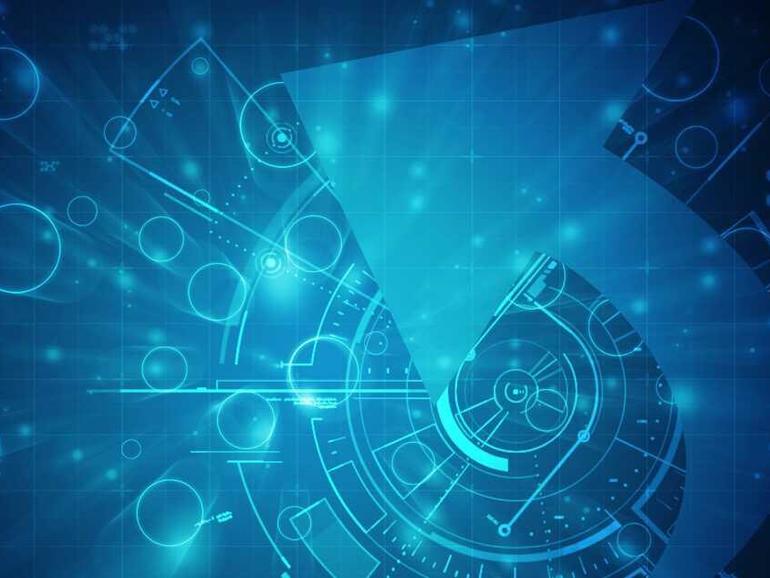The Brazilian government estimates that more than 60% of the country’s connected population – about 84 million people – is using digital citizen services.
The latest numbers from the Digital Government Secretariat (DGS) at the Ministry of Economy are based on research from the National Internet Steering Committee, which estimates that currently 134 million Brazilians have access to the Internet.
DGS is the government department responsible for the improvement efforts around Brazil’s digital citizen offerings. Alongside the figures on digital citizen services uptake released a government innovation event last month, the department also noted that currently more than 3,900 government services (63% of the overall services portfolio) are available online to Brazilians through a single login gateway.
The latest figures around use of government offerings online are a far cry from the user base from two years ago, when less than 2 million Brazilians were using public services digitally. The goal of the National Digital Government Strategy is to fully digitize government services by 2022.
The UK approach to digital citizen services delivery has served as inspiration for the Brazilian model. In December 2020, an agreement was signed between Brazil and the UK to accelerate digital transformation and innovation in public services delivery. Under the partnership, aspects such as data governance and accessibility will be emphasized, as well as planning and implementation of digitization projects and knowledge sharing.
Brazil announced its plan to digitize government services in April 2019. The portal went live in September of that same year, with hundreds of digital citizen offerings.
Since starting the project to shift digital services online, Brazil has been recognized by the efforts made so far and was ranked in the “very high” group of the latest UN E-Government Development Index.



